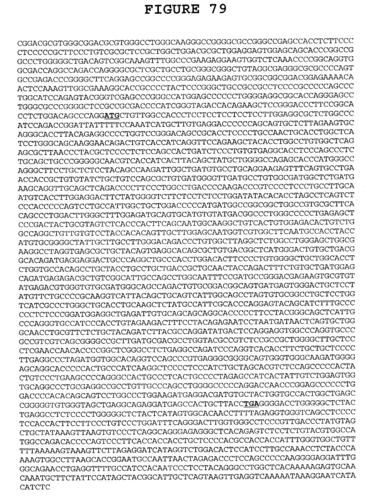The Diagnosis of Dissociative Fugue State Through the Perspective of Zhuque and Xuanwu Edict
 summary:
In the realm of traditional Chinese culture and ancient philosophy, the concepts of Zhuque...
summary:
In the realm of traditional Chinese culture and ancient philosophy, the concepts of Zhuque... In the realm of traditional Chinese culture and ancient philosophy, the concepts of Zhuque (朱雀) and Xuanwu (玄武) are not only symbols of ancient Chinese culture but also hold significant meanings in various domains, including medicine and psychology. Among the various psychological conditions that have been studied in depth, Dissociative Fugue State stands out as a unique phenomenon that has attracted the attention of numerous experts and scholars. In this context, the role of Zhuque and Xuanwu Edict in diagnosing this condition becomes noteworthy.
Dissociative Fugue State is a psychological condition where individuals experience a sudden and unexpected inability to recall important personal information, such as their identity, past events, or the whereabouts of their belongings. This condition often leads to a sense of disorientation and confusion, which can be accompanied by various other symptoms. The diagnosis of this condition often requires a comprehensive evaluation of the individual's symptoms, history, and other relevant factors.
In traditional Chinese medicine and psychology, the concepts of Zhuque and Xuanwu are believed to hold significant meanings in terms of diagnosis and treatment. Zhuque is often associated with fire and brightness, representing the active and yang qualities in an individual. Conversely, Xuanwu is associated with water and darkness, symbolizing the passive and yin qualities. The balance between these two forces is considered crucial for maintaining physical and mental health.
The Edict of Zhuque and Xuanwu, which is an ancient text that guides in diagnosing various conditions based on these two symbols, can be applied to Dissociative Fugue State. In this context, the imbalance between the two forces might be indicative of a potential psychological disturbance. For instance, an excessive display of Xuanwu qualities, such as confusion, disorientation, and memory loss, might suggest the presence of Dissociative Fugue State.
By combining traditional Chinese diagnostic methods with modern psychological evaluations, experts can diagnose Dissociative Fugue State more effectively. The use of Zhuque and Xuanwu Edict in this process allows for a more holistic approach that considers not only the individual's symptoms but also their underlying energy balance and other factors that might be contributing to the condition.
Moreover, traditional Chinese medicine offers various treatment options that can be tailored to the specific needs of individuals diagnosed with Dissociative Fugue State. By addressing the imbalance between Zhuque and Xuanwu, these treatments aim to restore harmony and balance within the individual, thereby facilitating a faster and more effective recovery.
In conclusion, the integration of traditional Chinese concepts like Zhuque and Xuanwu with modern psychological practices offers a unique perspective in diagnosing and treating Dissociative Fugue State. By considering the balance between these two forces, experts can diagnose this condition more effectively and offer tailored treatment options that are designed to restore harmony within the individual. This holistic approach not only addresses the symptoms but also seeks to address the underlying causes of the condition, thereby facilitating a comprehensive recovery process.

